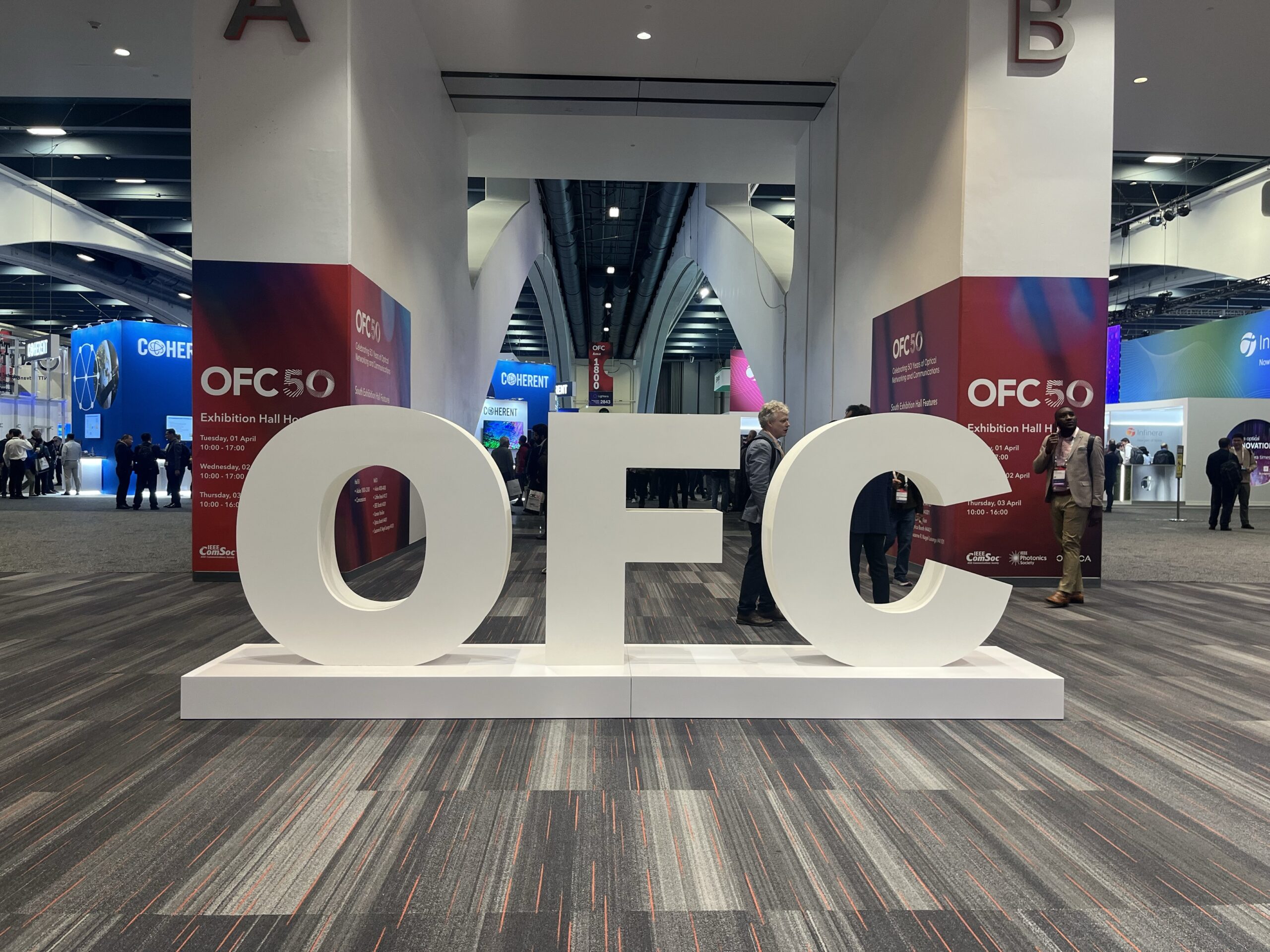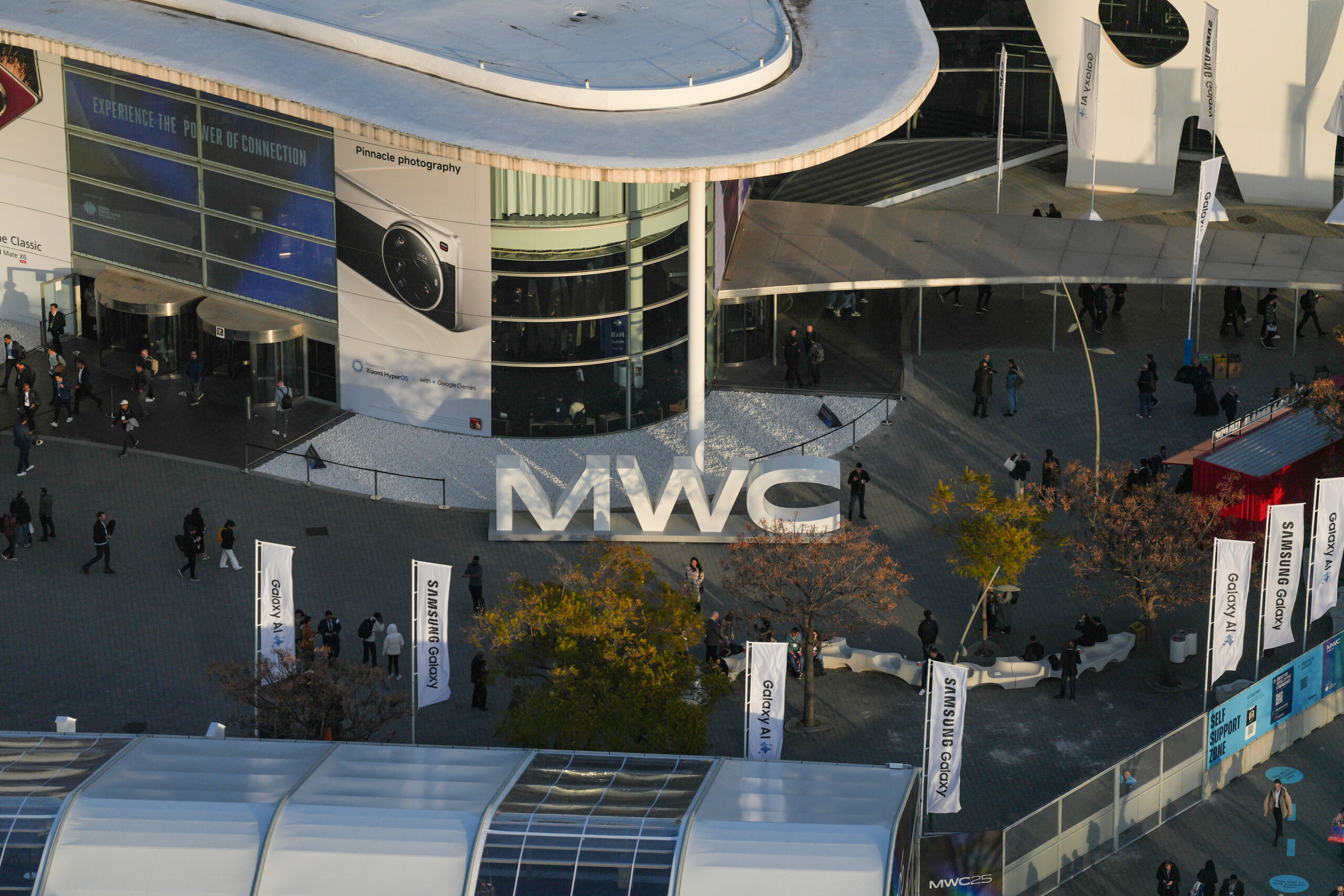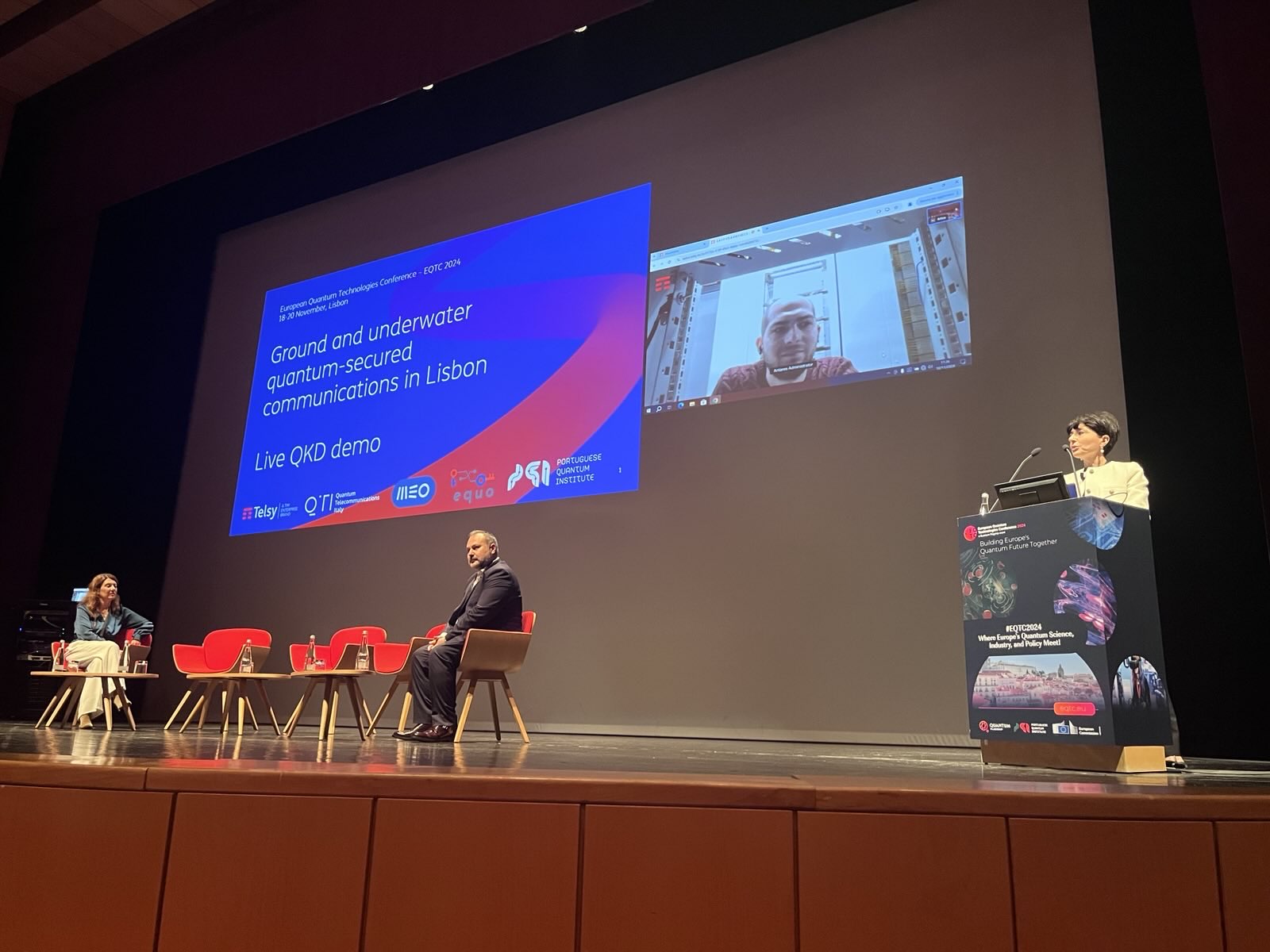The scenario for an MoU on quantum security of the Transalpine Pipeline
Quantum technologies are largely impacting the concept of security in multiple domains. Public institutions and corporates are becoming aware of the need of adopting quantum resistant solutions to protect their assets (for an overview of the second quantum revolution read here).
This is particularly true when it comes to critical infrastructures that, on the one hand, are exposed to higher risks due to their nature, and, on the other hand, need to preserve their continuous and efficient functioning against any possible attack.
The Italian public and private ecosystems are reacting swiftly to these developments, which have also a relevant impact on technological sovereignty. Indeed, this latter is intertwined with the security of critical infrastructures, including hubs for logistics, energy and oil distribution facilities, underwater telecommunication networks, airports, and ports.
The framework agreement on quantum technologies
In this scenario, the city of Trieste is acting as a pioneer area for incorporating quantum technologies in infrastructures’ security, as a “capital city” for quantum research. The port of Trieste is a unique place to experiment up-to-date technologies for security, as it is by definition a point of connection, a hinge with other countries in all three dimensions of land, sea, and airspace.
In July 2022, the National Research Council, Area Science Park, University of Trieste, Scuola Internazionale Superiore di Studi Avanzati (SISSA), and the Trieste Port (Autorità di Sistema Portuale del Mare Adriatico Orientale) signed a framework agreement to experiment the application of quantum technologies to transport and logistics.
The MoU on quantum security of the Transalpine Pipeline
Following the same spirit of innovation, QTI, Telsy and SIOT-TAL signed a Memorandum of Understanding in October 2022, for the deployment of QKD systems for the quantum security of the Transalpine Pipeline.
The Pipeline runs across Italy, Austria, and Germany, connecting the Port of Trieste with the German Länder of Bavaria and Baden-Württemberg. The reliability of oil supplies through the Pipeline is crucial as the 753 km long infrastructures covers the oil needs of several European countries.
For this reason, SIOT-TAL, the company part of the TAL Group that manages the facility in Italy, moved towards the quantum security of the Transalpine Pipeline through this partnership with QTI and Telsy, cybersecurity and cryptography competence center of the TIM Group.
The MoU aims at deploying QKD systems on the infrastructure the ensure the security of the data transmission along the pipeline.
The presentation of the initiative
The three companies involved presented the initiative on 18 October 2022, hosted by the Trieste Port Authority in the enchanting framework of the Friuli Venezia Giulia Region Headquarters in Trieste.
The Workshop “Quantum communications applied to port logistics” has featured the participation of outstanding speakers from institutions and business, including representatives of the Friuli Venezia Giulia region.
For QTI, CEO Tommaso Occhipinti recalled the relevance of the partnership, wishing it to be the prelude to future joint efforts.
The MoU, together with the framework agreement of July 2022, testifies the increasing awareness of key players in the Italian strategic infrastructures’ scenario of the potentialities provided by quantum technologies, in a twofold approach looking at both the local and international dimensions.



